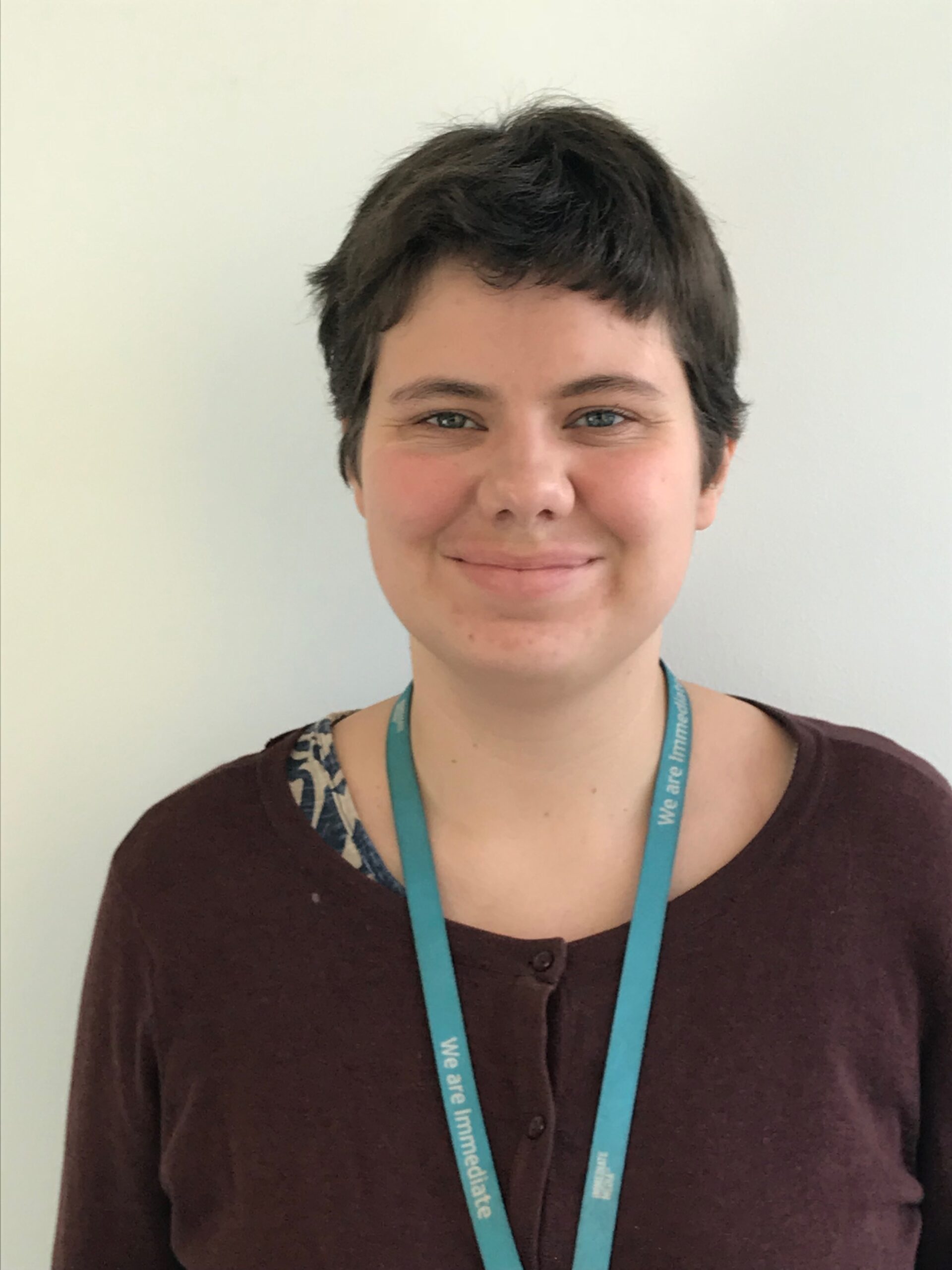First Dates maître d' Fred Sirieix was born on 27 January 1972 in Limoges, France. He’s lived in Britain since he was 20 and calls both countries home.
Now, he’s returning to France to trace his family history on Who Do You Think You Are? Visiting his parents, he looks at an old photograph of his grandparents, known as Pépé and Mémé. The family story is that Pépé was in a forced labour camp in Burgundy in the Second World War where he met Mémé. He escaped the camp and fled to the Free Zone, before Mémé travelled to join him.
“I want to find out what happened during the war, and how they met, and how the story really started,” Fred says. “It all started with a love story.”
To find out more, Fred goes to Saint-Florentin in Burgundy, where he meets Second World War historian Dr Sarah Frank. She tells him that Pépé, real name René Bordas, was serving in the French army when Germany invaded in 1940. He was captured and imprisoned in Frontstalag 150, a POW camp in Saint-Florentin.
The prisoners were put to work doing agricultural labour – including in the nearby commune of Coulanges-sur-Yonne, home of Fred’s grandmother, Geneviève Charrié. Somehow, the couple met and began a relationship.
According to family stories, the owner of the farm René was working at told him that he was going to be deported to Germany the next day, so he decided to escape. He is indeed listed as escaped in the camp’s records. If he was caught escaping, he would have been shot, and anyone who helped him could have been arrested and deported to Germany. Less than five per cent of prisoners tried to escape. Although there are no records, it’s possible that it was Geneviève who helped him escape.
“It makes me so proud of my grandfather and my grandmother, thinking about the risk that they’ve taken,” Fred says. “I’m so proud that they’ve taken such a stand at such a dangerous time in their lives. It’s quite extraordinary, really, that they’ve done that.”
Fred’s mother tells him that the farmer René worked for was called Mr Billy. René is able to find the farm where Mr Billy lived and meet the family who live there today.
“This is where my grandfather was,” he says. “This is where the love story started, and for me, it’s really, really special.”
Taking his tree further back, Fred wants to find out about René’s father, Léonard Bordas. Léonard fought in the First World War but didn’t talk about his experiences.
Fred visits the Marne, where some of the first battles of the war were fought. He meets historian Lucy Betteridge-Dyson, who tells him that Léonard served in the 63rd Regiment in the war. They fought in the Battle of the Frontiers, one of the first serious battles of the war. Warfare at the time was fought primitively, with bayonets. When artillery and rapid-fire machine guns were introduced into the war, soldiers were forced to adapt to trench warfare. Léonard continued to fight in some of the most notorious battles of the war, including Verdun and the Somme.
Fred says that all the family stories he’s uncovered have helped him connect with his mother: “For a young girl and a young woman to grow up with parents and grandparents who had seen and experienced the horrors of war, there were so many things that she didn’t understand… It’s helping me, in a way, to connect with my Mum in a way that I didn’t before.”
Next, Fred wants to find out about the family of his grandmother, Geneviève Charrié, who was orphaned at a young age. He meets genealogist Murièle Ochoa-Gadaut. She tells him that Geneviève’s father Édouard Charrié worked on the railway. Before him, at least three generations of his family were wine-makers. Fred is intrigued, as Burgundy wine is his favourite wine.
The Charriés enjoyed a successful wine-making business for generations until it was destroyed by phylloxera, a pest that attacked French vineyards in the late 19th century.
“I had no idea that one side of my grandmother’s family were wine-makers,” Fred says. “To be fair, I’m not surprised. I love wine.”
Fred meets Murièle Ochoa-Gadaut again at Andreys town hall to find out more about the family of Victoria Eon, Geneviève’s mother. Murièle has traced Victoria’s family back to her grandparents, Gustave Eon and Victorine Daubignard. They were married on 30 April 1867 in the very town hall where Fred is standing now. In their marriage record, they are both described as a domestic worker and an “élève des Hospices de Paris”, or pupil of the Paris Hospice.
To find out what that means, Fred goes to Paris. He learns that Gustave and Victorine were both foundlings. Gustave was left at the hospice at the age of two days by his mother, a seamstress. Victorine, who was ten years younger, was admitted to the hospice on the day she was born. Her mother died one month later. They were both probably illegitimate children, and being taken to the hospice gave them a chance of a better life. However, conditions at the hospice were harsh, with up to seventy per cent of children dying. Gustave and Victorine were lucky to both survive. They were both sent to a wet nurse in Auxerre in Burgundy.
Fred is able to visit the abandoned site of the former Hospice. Reflecting on all he’s learned about his family, he says: “We’ve been so lucky. The children survived, they were strong… My mother always told me how tough her father and her grandfather were. It was difficult for my mum, but they made it through, and we were brought up with so much love, so much support… I can’t wait to call my children later on and tell them what I’ve been finding out about our family, and tell them how lucky we are.”

